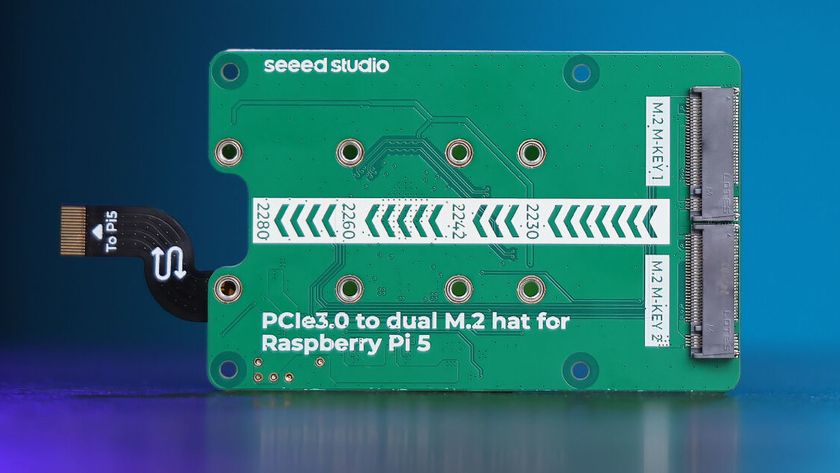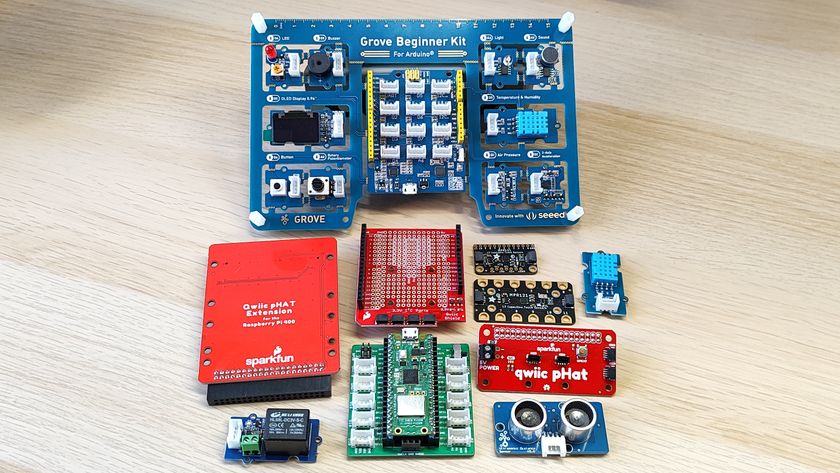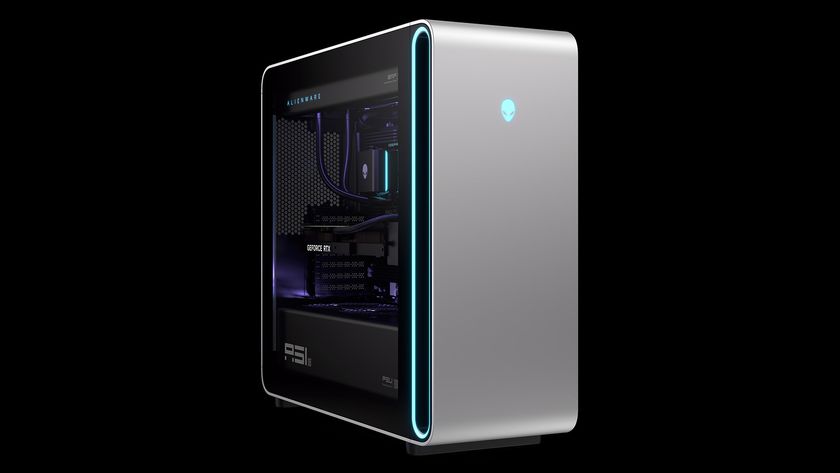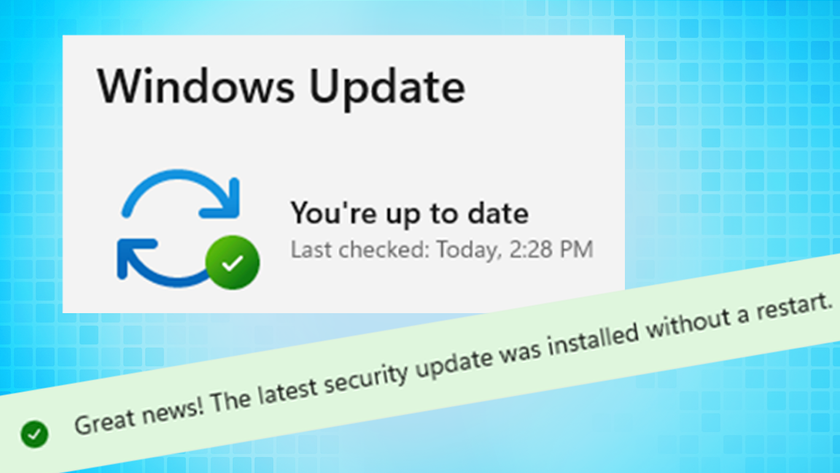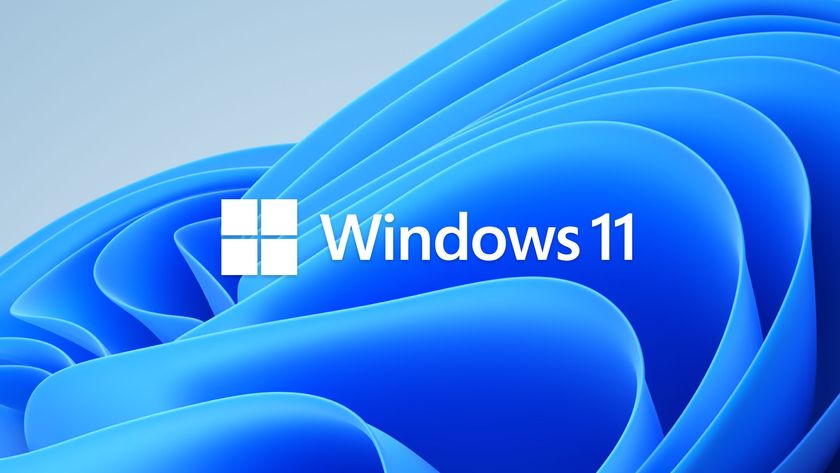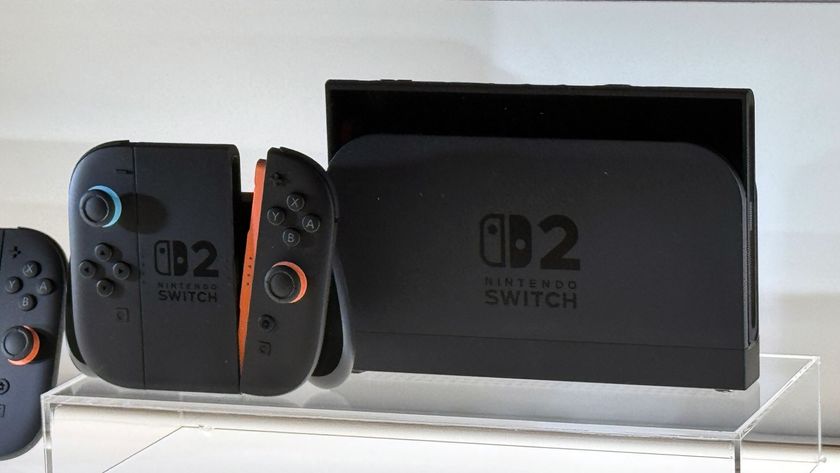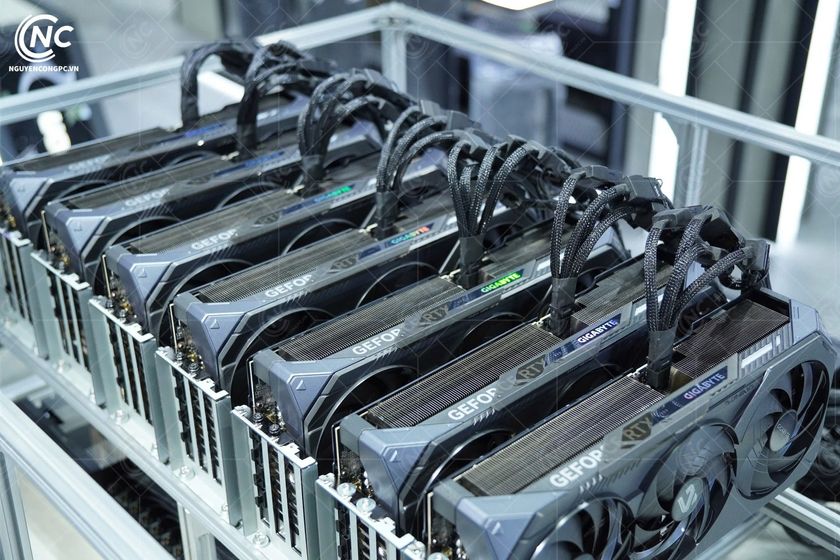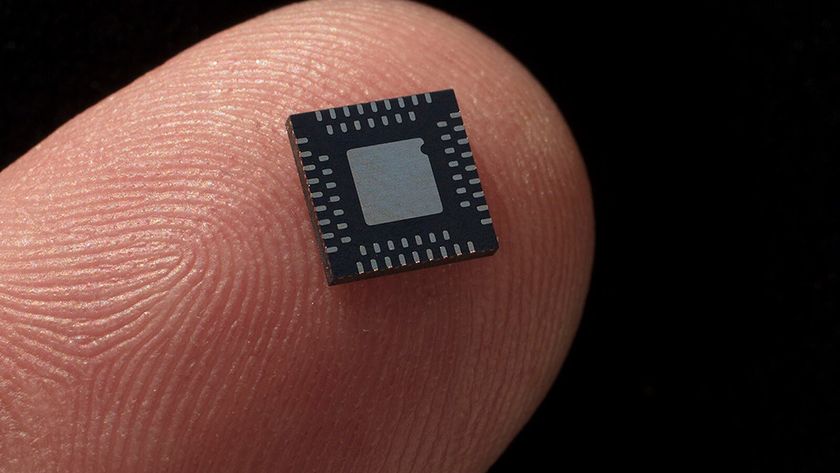Crowdfunded LTE HAT for Raspberry Pi Hits Kickstarter Target
Mobile networking for your Pi builds
An LTE Raspberry Pi HAT aimed at developing IoT applications just hit its funding goal on Kickstarter. Known as the PiTalk, the HAT is compatible with all models of Raspberry Pi except Compute Modules and Picos, from the tiny Zero to the potent Raspberry Pi 4 Model B.
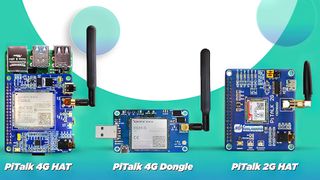
The creation of London-based embedded systems engineer Ravinder Singh, the HAT allows you to place your Pi out of range of Wi-Fi (though you’ll still need some way to power it). Built around a Quectel EG25-G Cat 4 module, capable of 150Mbps down and 50Mbps up, and backward compatible with earlier network types, it also supports global positioning (GPS, GLONASS, BeiDou/Compass, Galileo and QZSS).
While it could be used to build your own smartphone, as it supports voice calls and SMS messages, the HAT-wearing Pi can also be configured as a Wi-Fi hotspot, video streaming device or to simply surf the web. It also has potential uses in digital signage, allowing the upload of new content to a sign without requiring a Wi-Fi network or physical access. Versions of the HAT that can only talk to a 2G network are also available.
Singh is also developing a USB 4G dongle for Windows and Linux systems that connects via USB. All his 4G products require nano-SIM cards and get their power from a USB port - a Type-C port in the case of the HAT, and the host Type-A port for the dongle. Various bundles are available, including some that contain Raspberry Pi boards, the HAT, various cables, and combinations of the HAT and dongle. LCD screens, a battery-powered UPS, relay connections and a PoE HAT are also available.
Complete details, including pinouts, can be found on the Kickstarter page. The product ships worldwide and should begin delivery in February 2023. The Kickstarter campaign runs for another 29 days at the time of writing.
Remember that crowdfunding a project is not a guarantee of receiving a finished product. Backing a crowdfunded project is akin to an investment; you believe in the project and want it to succeed. You are not purchasing a retail product.
Stay On the Cutting Edge: Get the Tom's Hardware Newsletter
Get Tom's Hardware's best news and in-depth reviews, straight to your inbox.

Ian Evenden is a UK-based news writer for Tom’s Hardware US. He’ll write about anything, but stories about Raspberry Pi and DIY robots seem to find their way to him.
